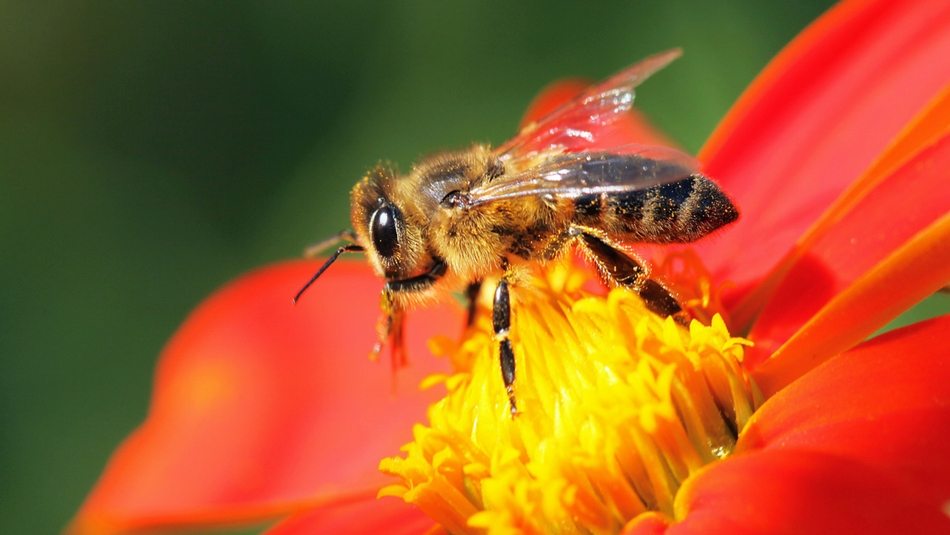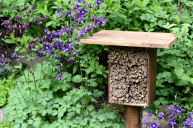Rolling fields of grass is the epitome of summer. Running around barefoot, having picnics on big blankets and laying in the sun on the freshly manicured grass. And who can resist the smell of a freshly mowed grass? Apparently, bees can't stand the sight of a cut lawn.
Videos by Wide Open Country
Yes, according to recent research by Popular Mechanics and Science Direct, mowing your lawn every week is actually harmful to bees. Looking at it, it makes sense. Letting your lawn grow leads to a few pop ups of weeds and flowers like dandelion and clover which bees love. You could even say they go honey over it (yes, that was a really lame joke, moving along now).
So bigger grasses mean more bees, right? Not quite. Letting your grass grow even bigger (welcome to the jungle) and bees will stick their noses up at it. Apparently when the grass grows too high bees cannot see the blooming flowers and they buzz off.
The task is to find a common ground that saves the bees and also the look of your front lawn. A happy medium will find you mowing your lawn once every two weeks. This ensures that the bees have the ability to access the newly sprouted weeds without letting the grass get out of hand. And not only are you helping the bees, it lessens another house chore. It's a win-win. If you are set on cutting your grass on a schedule, don't fear, there are still ways to help out the honey-makers.
1. Plant a garden.
Give the bees something to pollenate by starting a pollinator friendly garden. Use organic alternatives to pesticides and the bees aren't the only ones benefiting.
2. Provide a water source.
Bees need to drink, too! Create a small birdbath filled with rocks to provide a water source for local bees.
3. Support a local community nonprofit.
And last but not least, volunteer or donate to local community nonprofits which work on preserving bees. You can find your local nonprofit groups online.





